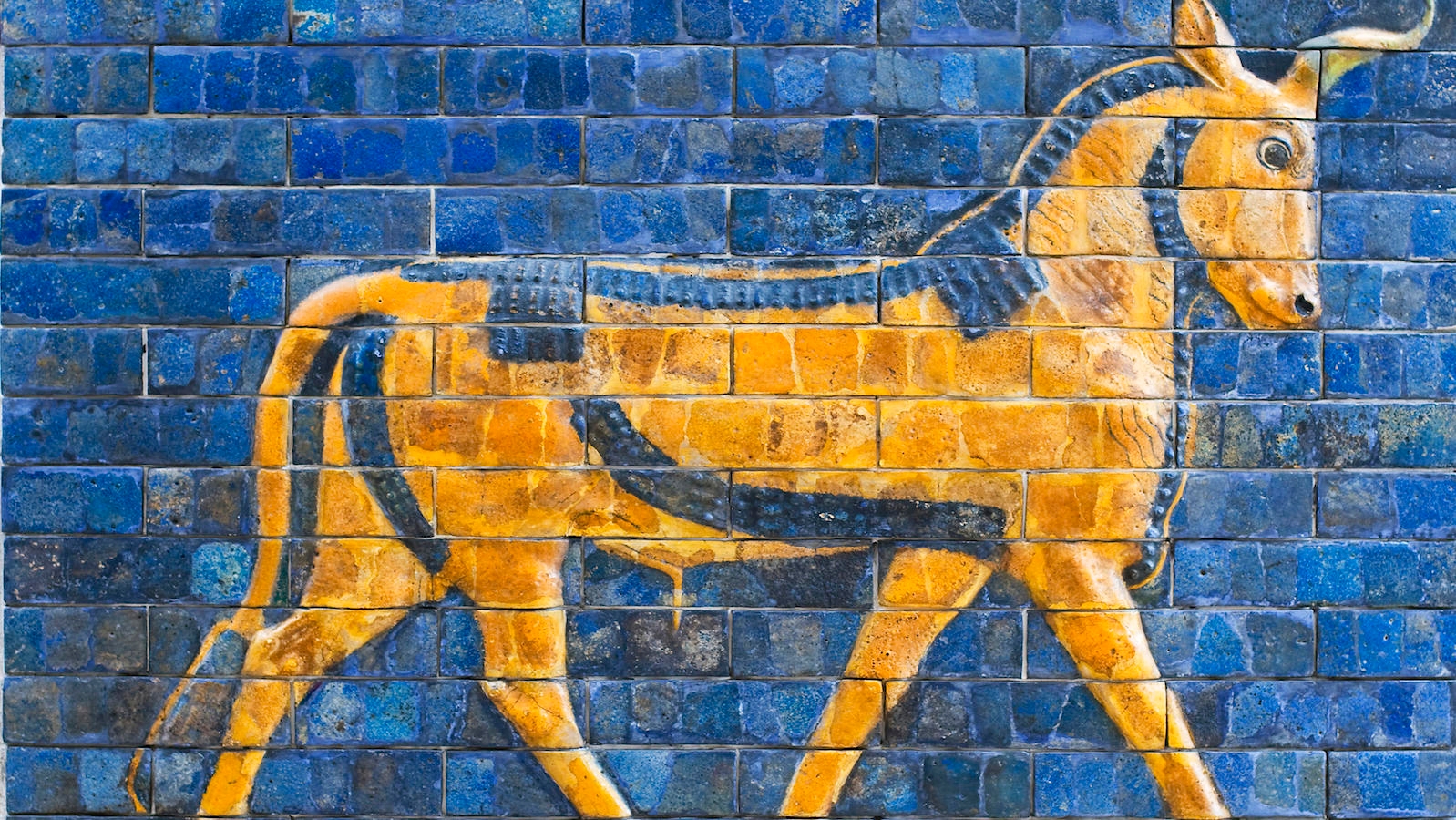Commentary on Parashat Ki Tisa, Exodus 30:11 - 34:35
Parashat Ki Tisa begins with instructions for taking a census and a half-shekel contribution from the Israelite adults, and continues with more instructions for making the worship implements for the Mishkan (Tabernacle). After that, God reminds Moses to tell the people about the holiness and importance of Shabbat.
The most famous part of our portion is the story of the Golden Calf: The people, upset at Moses’s delay up on the mountain, make a statue of a bull or cow and venerate it as their liberator, apparently with Aaron’s cooperation. Both God and Moses become angry with the people, and although Moses rebukes them harshly, he also prays on their behalf.
Finally, Moses goes up the mountain again and beseeches God to reaffirm the Covenant; Moses also wants a unique experience of God’s Presence. With great drama, God shows Moses God’s “back” but not God’s “face,” and does reaffirm the Covenant and its ritual and ethical stipulations.
In Focus
“Do not make for yourself any molten gods” (Exodus 34:17).
Pshat
After the sin of the Golden Calf, Moses goes back up the mountain to plead with God, Who reveals attributes of mercy and forgiveness along with strict justice. However, Israel must obey the terms of the covenant, which include keeping the holy days and a stringent prohibition on anything resembling the worship of other deities. After the Israelites build the idol of gold, God reminds them in no uncertain terms that they must not make physical representations of Divinity.
Drash
In its context, our verse makes perfect sense: God is irate about the Golden Calf, and warns the Israelites not to try it again. However, building statues of the sea-deity isn’t on most people’s agendas these days. Thus the famous Hasidic rabbi Menahem Mendel from Kotzk, also known as the Kotzker, used this verse to point out that creating a limiting representation of the Source of All doesn’t necessarily mean building something physical:
“Do not make for yourself any molten gods” — do not make for yourself a god that is fixed in form [i.e., “molten” into one form], with unchanging routines. (Source: Itturei Torah, translation mine.)
I suspect that the Kotzker is making a pointed comment about the religious life of his day, but his insight continues to be relevant. Our experience of spirituality and religion must grow and change over time — if we have the same conception of God at 50 that we did at 15, then we’ve missed something important. Thus the traditional commentaries insist that the commandment of Torah study lasts until one’s dying day — perhaps not only because the way one understands Torah will change as we age, but the way we view our lives and world can change if we never stop viewing it through the prism of sacred texts.
The Torah itself hints at this flowing and dynamic model of spirituality, just a few verses before, by enumerating 13 different “attributes” of the Holy One (verses 6-7) when Moses asks to see God’s “face.” Moses may have wanted the same thing that the Israelites did when they made the Calf: a palpable, visible, imaginable, conceivable Deity.
To me, the great genius of Judaism is its insistence that we never stop striving for holiness and spiritual growth — there’s no way to “grasp” the God of Israel entirely, no ending point in out quest for insight. God is not limited by denominational ideologies (though they are valuable learning tools), political inclinations, or intellectual paradigms — rather, authentic spirituality breaks through our easy answers and forces us to admit that there is learning yet to do.
A famous pop psychology book from the early ’80s captured this insight into its title: If You Meet the Buddha on the Road, Kill Him! I’m no expert on Buddhism, but I understand this to mean that as soon as you think you’ve found the endpoint, “met the Buddha,” you’re in trouble. If I were writing a similar book, I’d take my title from the Kotzker’s understanding of this verse: “If Your God is Routine and Comfortable, You’ve Made a Molten Idol!” It probably wouldn’t be a bestseller, but it might impart an important truth about the hard work of Jewish growth.
Provided by KOLEL–The Adult Centre for Liberal Jewish Learning, which is affiliated with Canada’s Reform movement.
Torah
Pronunced: TORE-uh, Origin: Hebrew, the Five Books of Moses.



